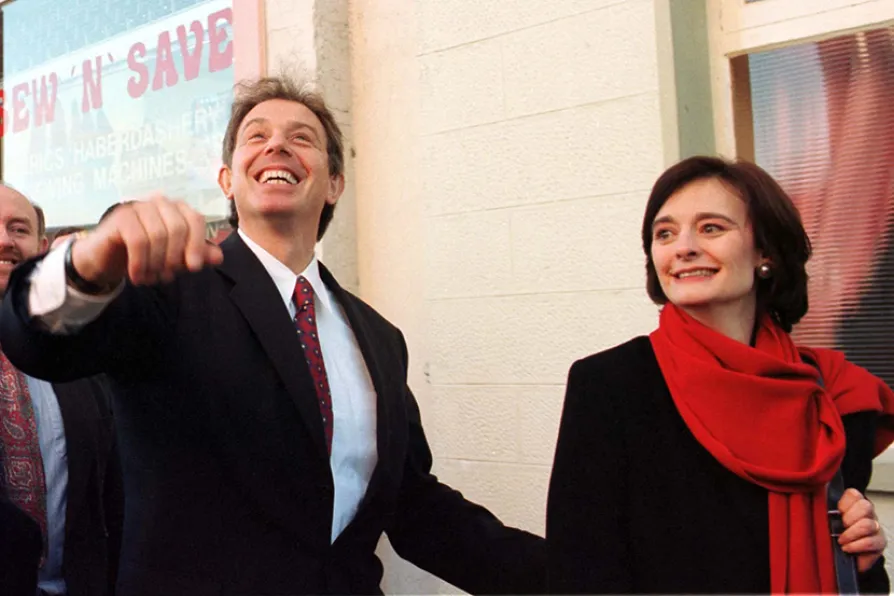Mass mobilisations are forcing governments to seriously consider imposing sanctions and severing ties — even in places like Australia and the Netherlands — despite continued arms shipments to Israel’s war machine, writes RAMZY BAROUD

 Tony Blair and his wife Cherie pictured campaigning for Labour in 2001
Tony Blair and his wife Cherie pictured campaigning for Labour in 2001
THERE ARE a series of important elections across the country scheduled for May. It is important to state at the outset that everyone should vote Labour, as I have always done. Whatever disagreement we may have within the Labour Party and they are often very serious, any Labour candidate is a better option than any Tory or Lib Dem.
But enthusiasm and exhortation alone are not enough to win elections, otherwise Labour would trounce the Tories every time. You also need strategy and you need the tactics that flow from that. Perhaps one of the most appropriate, but least expected places to look for strategic guidance is the Blair leadership.
Naturally, I do not mean Blair or Mandelson, who offer only a distortion of what they themselves did. But we need to examine both the successes and failures of the Blair period to genuinely learn from it.

Every Starmer boast about removing asylum-seekers probably wins Reform another seat while Labour loses more voters to Lib Dems, Greens and nationalists than to the far right — the disaster facing Labour is the leadership’s fault, writes DIANE ABBOTT MP

DIANE ABBOTT explodes the anti-migrant myths perpetrated by cynical politicians and an irresponsible mass media

Our Foreign Secretary now condemns Israel in the Commons, yet Britain still supplies weapons and intelligence for its bombing campaigns — as the horror reaches perhaps the final stage, action must finally replace words, writes DIANE ABBOTT MP

The BBC and OBR claim that failing to cut disability benefits could ‘destabilise the economy’ while ignoring the spendthrift approach to tens of billions on military spending that really spirals out of control, argues DIANE ABBOTT MP














